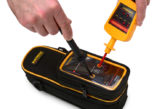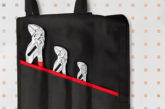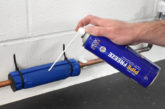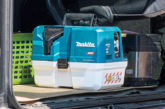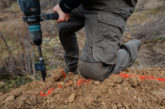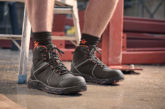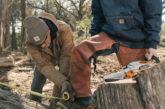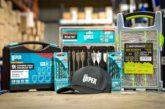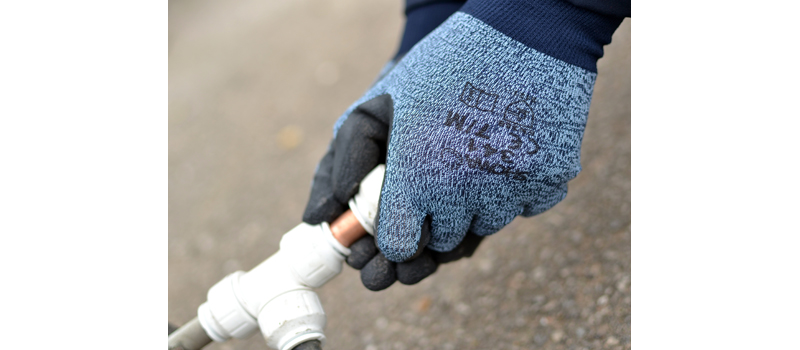
Installers’ hands are their most important tools – it makes sense to protect them well, says Steve Shale, Marketing Manager at Globus.
Whether it’s general plumbing, the installation of heating, maintenance, or pipe soldering, an installer’s hands are worth protecting well to protect his/her livelihood. After all, it’s too common for tradesmen to damage their hands while working or to be affected by dermatitis caused by being in contact with oils and grease, or from immersion in water and not drying hands adequately.
Whatever the task being carried out, it makes sense to wear gloves to protect not only the installer’s hands, but also his/her business. Gloves should be properly fitted and good quality, following the hand’s natural contours to reduce stress against the thumb and fingers. A pair which is too large can create folds that affect work, which may induce their removal. They need to be comfortable and allow precision and dexterity to perform various functions. Gloves should also facilitate good hand and wrist movement.
Gloves that are too small can restrict blood flow and movement which can motivate fatigue. A properly fitting and performing glove is less likely to be removed when performing tasks – this reduces risk and aids work flow.
There are many tasks which installers may need protection from, such as when handling oils and grease, or for protection from abrasion, cuts, sharp edges, water or hot and cold temperature extremes. It may be necessary to seek advice to source the correct glove for the task in hand. As well as a good, robust glove matched to the tasks being performed, it’s important to know how to look after the gloves and when they need replacing.
When carrying out installations and maintenance, it’s important for gloves to allow users to have good grip and to help prevent components slipping through hands while allowing dexterity to carry out the job. There are gloves designed to protect against weather conditions for warmth or breathable ones to allow moisture to pass through so that the hand is not left wet. When working in wet conditions, the same breathable characteristics can apply within waterproof gloves to allow hands to remain fresh and dry even if they are submerged for long periods of time.
Commenting in relation to the benefits of wearing a water repellent glove specifically designed for outdoor workers, Brian Johnson, Managing Director of Halton Construction and Surveying Services Ltd said, “My team are out working on sites in all weathers and often complain about how their hands become uncomfortable in wet weather. Not only does the Showa 306 overcome this, but it also stops their hands from getting sweaty in normal conditions. We are also getting far more wear from this glove compared to the previous ones.”
There are many hand protection solutions for heating and plumbing installations and related tasks. For instance, the lightweight but durable Showa 380 can be a good choice for installers as the palm encourages the dispersal of liquid or grease resulting in prolonged grip. The glove also protects the hand from abrasion whilst allowing any intricate installation work to be carried out.
As well as choosing a glove that fits well and is suitable for the task, it is important that this provides adequate grip and meets any legislative requirements. A robust glove can generally save costs in the long term with fewer glove changes. Some gloves can be washed, subject to what contaminant the glove may have been in contact with. When considering which gloves to use, installers should also take account of any occupational health problems, such as dermatitis, irritation or other skin conditions.



